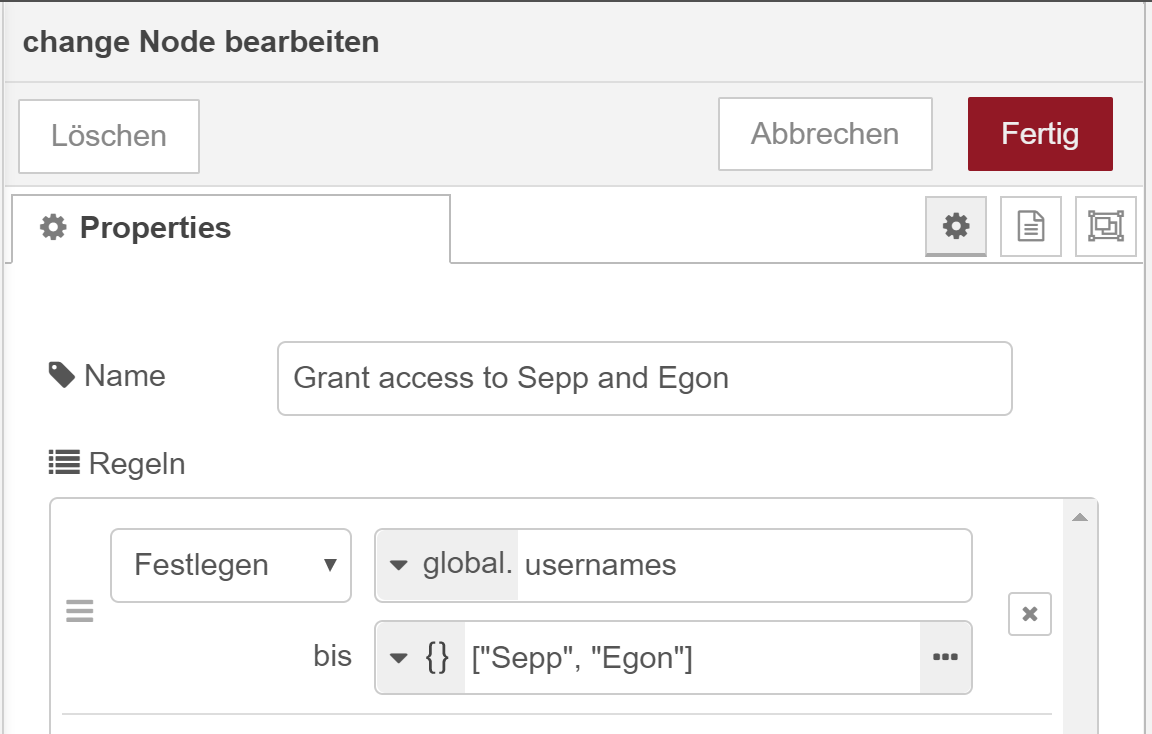Делал proxy на Node.js.
Некоторые типы ответов сервера мне нужно было парсить и подменять небольшие кусочки.
Создаю всё функцией

2 4 6 8 10 | varresponseBody='; responseBody+=chunk.toString('utf8'); proxyResponse.on('end',function(){ }); |

Node Markdown Parser
О чём ещё стоит не забыть — нужно запретить сжатие на сервере (delete req.headers[‘accept-encoding’]) или разжимать на ноде.
Ну и напоследок хорошая большая статья про потоки в node.js 0.10+: https://github.com/substack/stream-handbook/blob/master/readme.markdown
Npm Markdown To Html
Similar Posts
